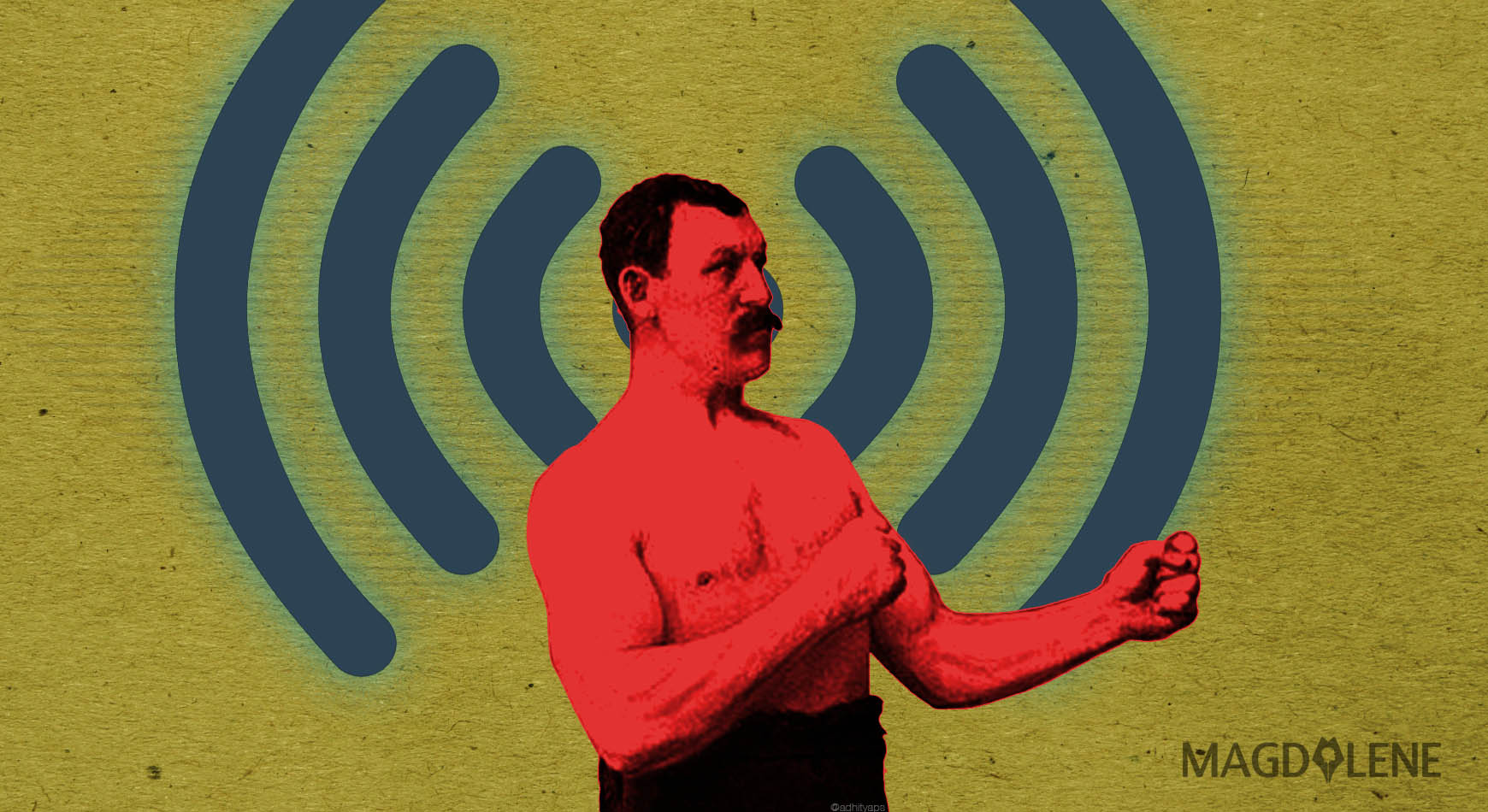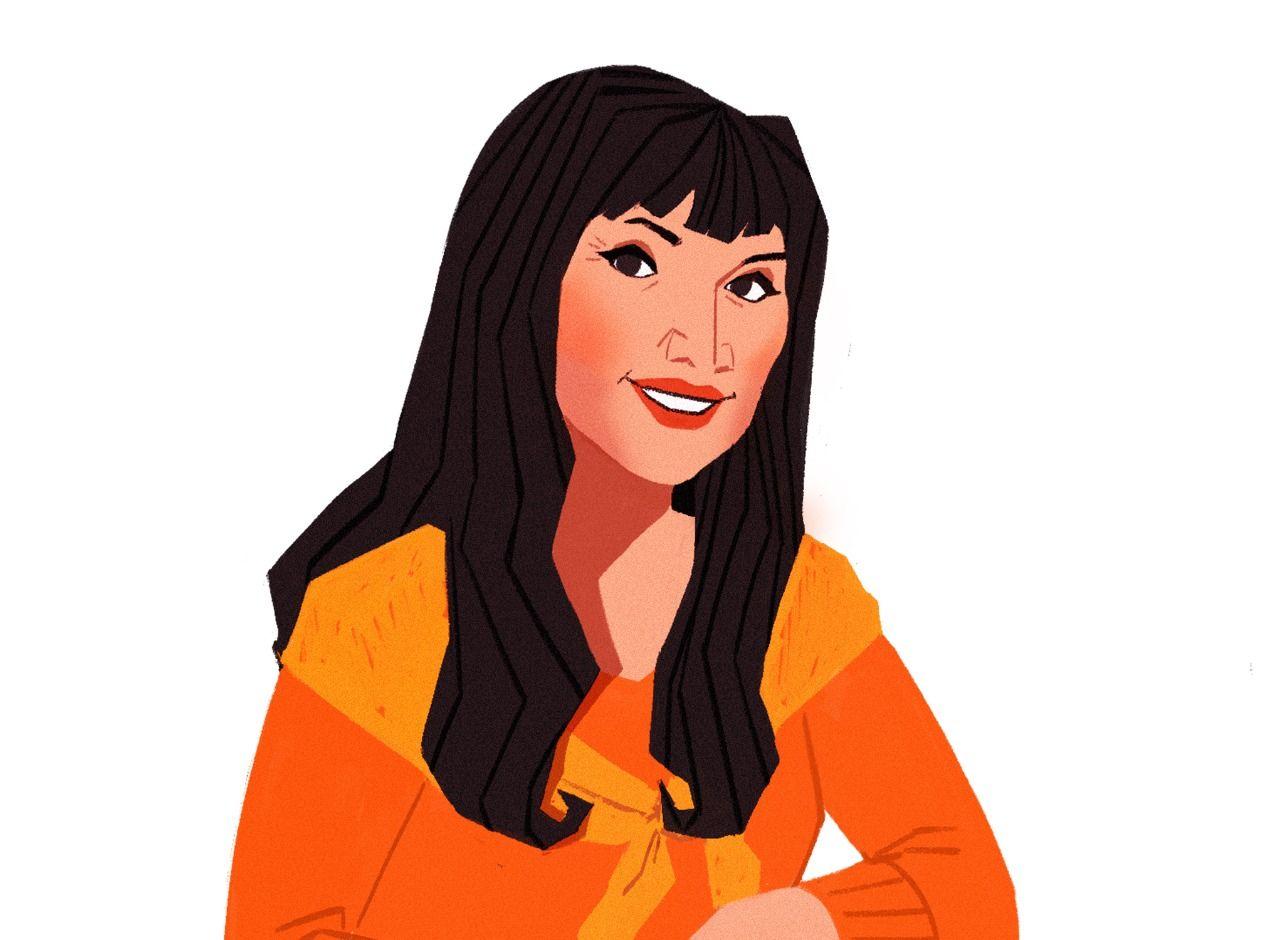As the 1962 Neil Sedaka song goes, breaking up is hard to do, but not as hard as saying “I am sorry”, especially for men.
An incident in July on the steps of the US Capitol building involving 30-year-old congresswoman Alexandria Ocasio-Cortez – often referred to as AOC – and 65-year-old congressman Ted Yoho was a very public and poignant example of this.
They were having an argument about AOC’s observation that the rise of crime in New York City was to do with the rise of poverty, which makes sense. The congressman called her "disgusting,” “out of your freaking mind”, and that her policies were “bullshit”. Not satisfied with the insults, he ended his tirade by calling her a “fucking bitch.” Wow, wash your mouth with a soap, Mr. Yoho!
AOC took this to Twitter and also delivered a calm, eloquent and amazingly powerful feminist speech describing the incident and rebuking Yoho for both his behavior and for his non-apology. The Huffington Post described Yoho’s non-apology as “He didn’t do it but if he did, he was sorry if someone was offended and he is the father of daughters”.
Hello? It’s not an apology if you say you didn’t do it! And what does being a father have anything to do with anything? Some fathers can be really mean and nasty – why, some are even capable of raping their daughters!
It turns out there are gender differences when it comes to apologizing. If women tend to apologize too much, men don’t apologize enough. Why is that?
We all make mistakes, and possibly hurt someone in the process. It’s a common occurrence, so it should be a normal part of human interaction to apologize, right? After all, we like to receive an apology, so why is it so difficult to apologize, especially for men? It relates to a number of things: vulnerability, weakness, rejection, being in denial, entitlement, a winning and losing mentality, ego, and patriarchy.
First of all, saying “sorry” means admitting that you’re wrong, which puts you in a vulnerable position. What if the injured party doesn’t accept your apology? This could mean getting the cold shoulder, or outright rejection: what if the person doesn’t accept your apology, even after you’ve come to them with a hat in hand? If it’s related to someone you care about or love, that’s tough to swallow and very embarrassing. Losing face for a man? No way!
Then there is the “R” word: rejection! According to Psychology Today, “males tend to take rejection as a challenge to their masculinity or an insult to their perceived place in the social hierarchy.” So why risk it by apologizing?
Also read: The Magic of Saying Sorry
People can also perceive the act of apologizing as a sign of weakness, making them feel as if they have lost their power, status, or are inadequate, incompetent, foolish, even outright stupid. Some find saying sorry humiliating, embarrassing or shameful. Perhaps it has to do with their being criticized harshly by parents or other authority figures when they were growing up and therefore are afraid to own up to a mistake because it brings up uncomfortable and maybe even very unpleasant feelings they had then. Childhood traumas can last well into adulthood, as we know.
Even if they weren’t criticized harshly, perhaps they felt they couldn’t live up to their parent’s high standards – of professionalism, idealism or perfectionism. This sometimes happens to the children of public figures, celebrities or simply high performing professionals. Even though they may themselves also have the same talents as their parents, fear of being compared to their progenitor makes them quash their talents and work in a totally different professional field. But repressing one’s talents, creativity and who you really are can lead to feelings of being unfulfilled, resentment and insecurity – which makes it even harder to apologize, especially to said parent.
When you find something hard to do or accept, you can go into denial. So, if you don’t admit you’ve done something wrong, then you haven’t done it, right? Play ostrich anyone? It’s like the little boy who denies eating sprinkles even when he has sprinkles all over his face! If you don’t admit you were at fault, there’s no need to take responsibility, right?
Then there’s the ego factor. The one who has wronged has to apologize to the wronged one, but often men stumble over the (fragile) ego and false pride that they are famous for.
There are two other “e” words: entitlement and empathy. In a patriarchal world, men feel more entitled, and feel they can get away with more. Obviously, if someone feels entitled, they are not going to have a lot of empathy, are they?
In a patriarchal world, men are brought up to see life as domination and submission, winning or losing, while women are taught to give and take, and that giving in is feminine, which can be expressed by apologizing, even when they don’t have to, just to keep the peace.
According to a 2016 article in The Psychology of Women Quarterly (PWQ), gender stereotypes in the U.S. are still as strong as they were 30 years ago. I think we can safely say that in more traditional societies like Indonesia, this is even more so.
The ability to truly and sincerely apologize requires courage, a sturdy and healthy sense of self, maturity, confidence, humility, and the ability to respect others as well as yourself. Ideally an apology has three elements: regret, responsibility and remedy. Please be sincere and no making excuses or blaming others please!
Apologies are very powerful and can be healing, liberating and even life changing. It can remove anger and unblock that stuck-in-the-past feeling which prevents you from moving forward. And of course it invites forgiveness which benefits both the forgiver and forgiven.
So, men – including all you male (political) leaders out there – learn to say sorry! It’s certainly a key to healthy personal and family relationships, and, who knows, could even be the solution to world peace!








Comments